I'm migrating asp.net services that used to exist on a physical server on-premise to Azure. However they need to reach some web-services (SOAP) that will not be migrated to azure yet. These have a public IP but I need to set the hostname in order for IIS to properly redirect the requests to the correct service as there are several on the same server. Is there any way to create some sort of DNS-server in azure that is only available for the services created in azure that can resolve to the public IP-address outside of azure? (We have used the hosts file on the servers to achieve this previously)
I tried using the private DNS Zones, but as I've understood it they can only point to other azure services within the same vnet (correct me if I'm wrong). I've also tried creating a dnsmasq docker container. However, as this is running in a Linux container, it seems that I cannot put it in the same vnet as the asp.net app services. Thus I am unable to retrieve a private IP-address that these services can use to reach the DNS server.
